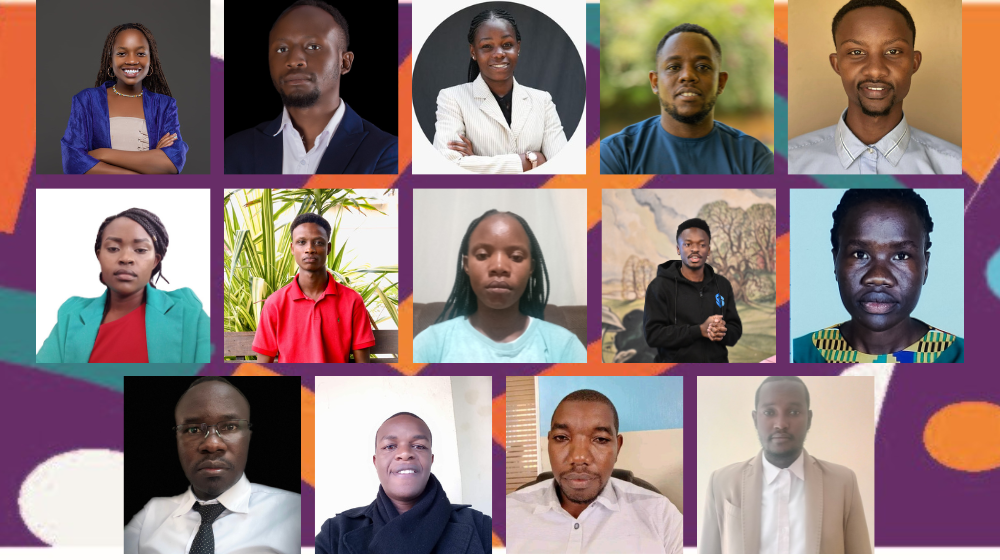Fourteen young innovators from across Kenya have been chosen to take part in the UNFPA “Let’s Hack Climate Change” Hacklab challenge. This initiative aims to identify and nurture innovative solutions that strengthen the resilience of individuals and communities facing the impacts of climate change.
This year’s Hacklab finalists boast an impressive range of innovations, including production and recycling technologies for menstrual hygiene products, sexual and reproductive health information platforms for girls with disabilities, disaster notification services, and other novel solutions. The Hacklab in Kenya is part of a regional Hacklab organized by UNFPA East and Southern Africa Regional Office with funding from the African Development Bank’s Africa Climate Change Fund.
The 14 innovators have been undergoing training and mentorship in a two-week long boot camp organized by Kenyan startup incubator Nailab, with support from Deutsche Stiftung Weltbevölkerung (DSW) Kenya. The training covers business strategy and product development, as well as understanding the linkage between climate change and sexual and reproductive health and rights.
The innovators will showcase their solutions to the public at a pitch event where two finalists will be selected to receive $5,000 worth of seed funding to further develop their ideas. The two finalists will also represent Kenya at the regional Hacklab Pitch Competition which will be held on the sidelines of the YouthConnekt Africa Summit in Kigali, Rwanda on 7th November, 2024. The Kenyan finalists will pitch their projects alongside winners from Mozambique, Madagascar, and South Sudan, for a chance to win an additional $10,000 seed grant from UNFPA.
“Climate-related disasters disrupt access to education and sexual and reproductive health services, increasing adolescent girls’ risks of sexual violence, exploitation, unintended pregnancies, and HIV” says UNFPA sexual and reproductive health and youth advisor Kigen Korir. “UNFPA is excited to support youth-led innovation that will hopefully lead to sustainable solutions to address these and other challenges brought on by climate change.”
Among the finalists is Elly Savatia, 24, the founder and CEO of Signverse, an app that helps girls with hearing impairments learn about their health and rights: “We are excited to showcase our initiative which aims to leverage the power of AI to empower deaf women and girls,” says Mr. Savatia.
Audilia Muchisu from Turkana County is hopeful that her innovation “Mamacare” will emerge top at the pitch event. “With our app, we hope to support women and girls in Turkana county to access quality maternal health care,” she says.
Sauti Salama is a digital platform founded by 23 year old Malkia John, which is helping to bring services closer to survivors of gender-based violence. “We believe that our platform has the power to change lives and are looking forward to showcasing it to the public,” says Malkia.
Menstrual hygiene is another key area that often suffers in climate disasters and disadvantaged settings. Anne Agar, the Managing Director of Polycom Girls, an NGO operating in the Kibera informal settlement will be pitching Kibera Pads , an initiative that aims to tackle that by providing biodegradable period products. “We want to empower schoolgirls by ensuring they never miss a day of school due to their menstrual cycle,” says Anne.
The 14 innovations include teams from nine counties in Kenya, with over half of the finalists currently living in rural areas or informal settlements.


